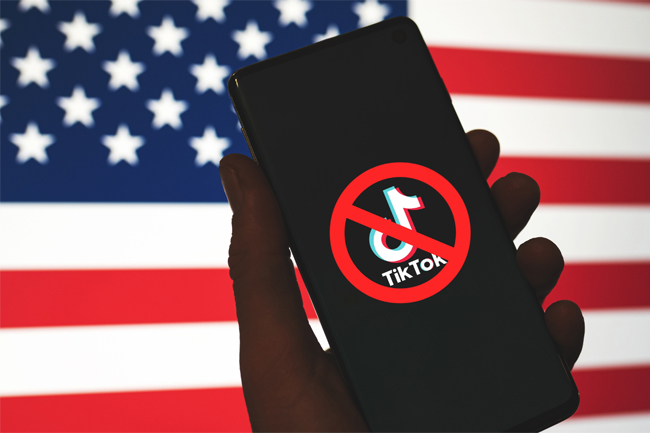Niloo Jayatilake – Head of Investments at Soflogic Holdings PLC
With over 25+ years of experience in the professional world, Niloo Jayatilake, the current Head of Investments at Softlogic Holdings PLC has witnessed the evolution of the business industry and played a leading role in it as well.
Describing her career journey in the industry, she said “I have had a happy journey of over 25 years, and I have been fortunate to work for a wide variety of companies in the semi-private and private sector, which always advocated a culture of meritocracy. This has enabled me to develop as a professional, starting out as a management trainee at Ceybank Unit Trust and rising to my current position as Head of Investments at Softlogic Holdings PLC. All my bosses have been excellent mentors in my journey.”
Speaking of the level of gender equality in the workplace when she first began her career and its progress over the years. Niloo explained, “We didn’t see it as gender equality back then. The fund management industry and investment business were and is still very much a male dominated industry globally and locally. But to me as a youngster starting out in what was at that time an infant industry in Sri Lanka, I never faced that type of issue. It’s possible that this was due to my individual attitude. We were always part of a team, a family. I still recall going out with my colleagues and celebrating deals with much nostalgia. It was the same with my stock brokering friends. I never felt left out because I was a female.”
“No most certainly and fortunately not”, replied Niloo when asked if she had ever faced situations where she was subjected to unfair treatment simply due to her gender.
Expressing her opinion on the most damaging results of gender inequality in the business industry, “Gender equality becomes more and more visible as you climb the proverbial ladder of success. This is probably more so in the private than public sector. In my opinion in Sri Lanka there is a lot more female participation in the contribution to the economy than there was 25 years ago, especially from the garment and tea industry as well as foreign worker remittances. Sadly, this is at a lower blue-collar level. As you scale up the pyramid there is less participation by females. Listed entities have a disproportionately low number of females. This is tragic in a country that produced the world’s first female prime minister. However, this seems to be changing, as males of the younger generation are not as chauvinistic. Hopefully, Sri Lanka will soon be on par with the more gender equal nations. Sri Lankan women should change their attitude and maintain a positive outlook and the determination to keep working no matter the pressures of motherhood and family commitments.”
Of the positive outcomes of gender equality, Niloo went on to list – minimization of disparity in income/wealth, safer and healthier communities and the fulfillment of basic human rights.
As a leading professional in the industry, Niloo tries to set a good example by maintaining an equal amount of respect for all those she works with, irrespective of their race, religion or gender. She believes that in practice this attitude often infects everyone around her and automatically ensures the well-treatment of all employees in the workplace.
On the subject of Softlogic Holdings’ stand in matters of gender equality in the workplace, Niloo explained that, “Softlogic Holdings is remarkable in this respect. It is an exceptionally gender equal employer, in fact within the conglomerate I would venture to say that even now a majority of senior management positions are held by females. In fact, there have been many female CEOs who have led the company.
“You can’t demand equality or respect. I believe these should be earned. If gender bias is prevalent in one’s place of work, you have a choice to make. I myself would leave and look for a company that would value such attributes within the organization structure and treats everyone equally”, is the leading professional’s advice to women facing gender inequality in their places of work.

